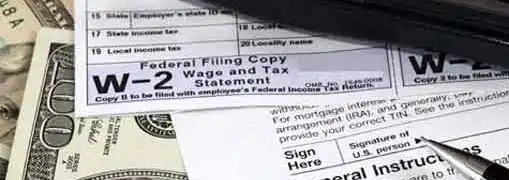Payroll Laws
Independent Contractor Rules
Just because somebody says they are a contractor doesn't mean the IRS won't tell you that you have to reclassify the worker as an employee. We examine the heated issue of employees versus contractors from a payroll tax perspective.
When reporting a worker as an independent contractor, be certain the worker qualifies.

Otherwise you could be held responsible for back employment taxes, workers' compensation insurance, unemployment insurance the worker's unpaid income taxes, plus interest and penalties.
You might also owe the value of health insurance or other benefits not given to the contractor, pension plan contributions and even stock options.
How do you know if somebody you engage is an independent contractor?
Let's say you engage your friend Jim to help you with some accounting projects in the office. You write up a short contract and Jim starts the work. Is Jim an employee or is he a contractor? Take a short moment to think through your answer.
You might think that he is a contractor because you haven't hired him as an employee and you engaged him with a contract. Unfortunately, it's not that simple. It all depends on the circumstances.
The general rule is that an individual is an independent contractor if you control or direct the results of the work but you don't control the means and methods of accomplishing the end results.
We've gathered up some of the common differences between employees and independent contractors. You can use the table below to help determine if you are classifying employees and classifying contractors correctly.
Share this article
Additional Resources for Entrepreneurs




Conversation Board
Have you ever misclassified an employee or contractor? How do you make sure you are classifying contractors and employees correctly?